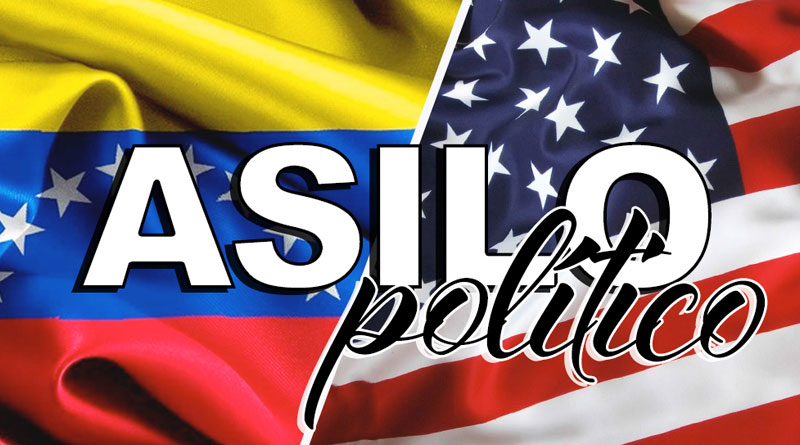Political asylum in the event of a government change in Venezuela.
By: Elizabeth Méndez Salom, Esq.
Attorney at Law
Sanchez Vadillo LLP
Email: emendez@svlawus.com
DORAL, FL – 2019 began with hope for Venezuelans, who suffered for many years the vicissitudes of a corrupt, repressive, and undemocratic regime. The so-called “Legacy of Chávez” will be remembered as one of the deepest political, economic, social and humanitarian global crisis in history.
Statistics indicate that more than three million Venezuelans emigrated from Venezuela, being the largest migratory movement in the continent’s recent history. Approximately 300,000 of these Venezuelans are currently in the United States, of which a large part have applied for political asylum in this country. In 2017 it is estimated that nearly 30,000 political asylum applications were received from Venezuelans in the United States.
Fortunately, Venezuela and its people now have the support of the Organization of American States, and of most of the countries that conform the international community, which is led by the United States. This support is crucial to recover the hope that Venezuela will soon overcome this political, economic, social and humanitarian crisis and that Venezuelans will be able to rebuild their beautiful country.
In the midst of the joy of seeing the possibility of a recovering Venezuela, inherent questions arise to what is going to happen with the migratory processes initiated based on the political persecution in Venezuela. The answers to these questions are not general for everyone but will depend on each individual case and its particular facts.
However, we want to share general information that will be useful to anticipate the possible scenarios for those who have pending political asylum applications or even those who have already been granted political asylum, once the democracy is restored in Venezuela.
The United States may consider the change in the political situation of the country at any stage of the process, either when the asylum request is submitted or when a permanent residence is applied for after one year elapses after the asylum was granted. However, it is very important to emphasize that is not going to be an “automatic” decision on asylum, without a prior procedure. Regardless of the change in circumstances, the asylum process must follow its regular course.
In the event that the applicant has not been scheduled for an interview when this changed occurs, they will have the opportunity to go before an immigration officer and prove that they meet one of the standards to qualify for political asylum status, this is:
1. have been the object of persecution in Venezuela for reasons of race, religion, nationality, political opinion or membership in a particular group; or
2. Have a well-founded fear of suffering persecution in the future, for any of those reasons.
“An asylum applicant who has established past persecution on account of a protected ground is presumed to have a well-founded fear of future persecution on the basis of the original claims. The government may rebut this presumption by showing, by a preponderance of the evidence, either (1) a fundamental change in the country’s conditions such that the applicant no longer has a well-founded fear of persecution, or (2) that relocation within the country would avoid future persecution.” [1]
In determining whether changed country conditions exist, the United States must undertake individualized analysis that focuses on the specific harm suffered by the asylee and the relationship that it exists with the particular information contained in the relevant country reports. Therefore, asylee status may be revoked or terminated on the ground that the asylee no longer meets the definition of refugee due to change of circumstance that originally caused a well-founded fear that the asylee will suffer persecution in the future.
However, prior to revocation or termination of an asylum, the United States must grant the asylee the opportunity to present evidence showing that he or she is still eligible for asylee status, even under the new circumstances of the country. It is very important to remind you that each case must be analyzed on an individual basis and within particular facts. The information in this article is purely informative. Having the appropriate professional advice is essential to ensure you take your process correctly and pursuant to the laws of the United States.
[1] Acharya v. United States AG, No. 17-15428, 2018 U.S. App. LEXIS 35409 (11th Cir. Dec. 18, 2018)


